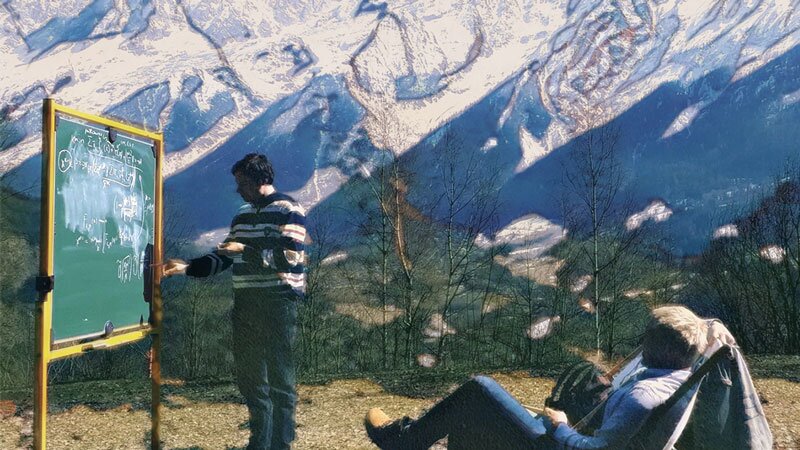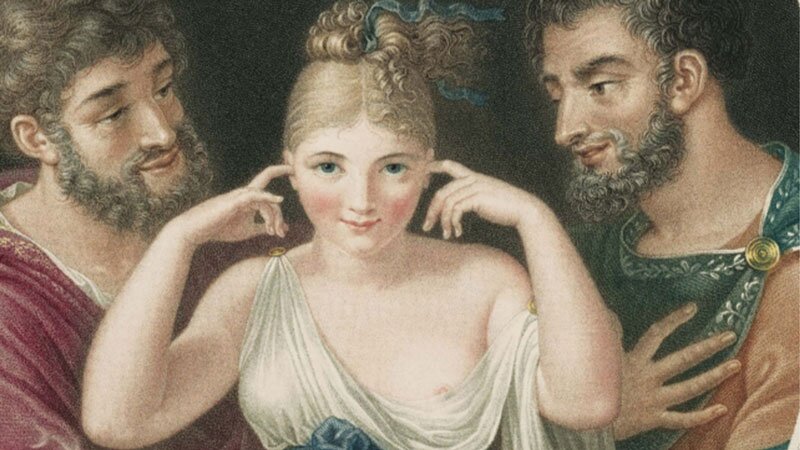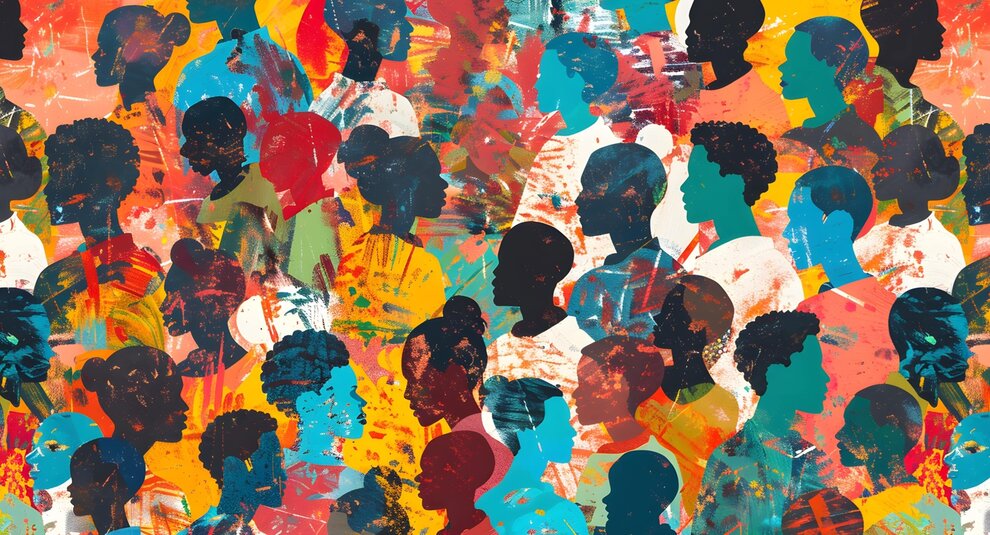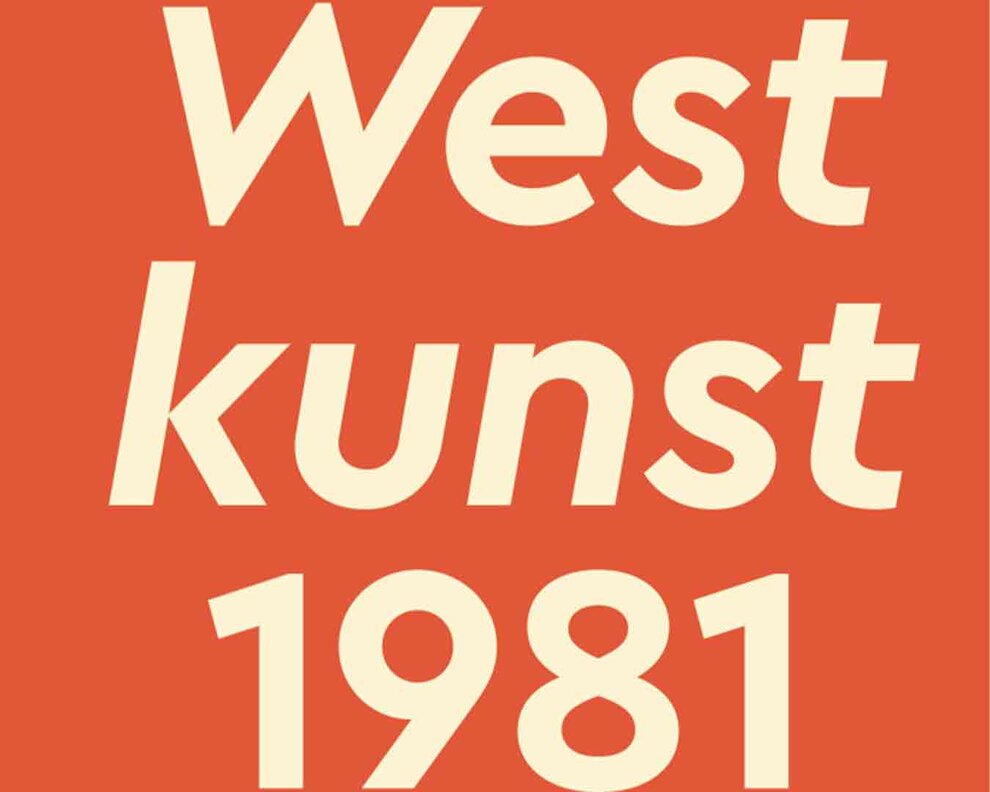Changing Social Relations between Science and Society: Contemporary Challenges

Charles and Monique Morazé Award Lecture, December 3, 2013. More information on the Charles and Monique Morazé Lecture.
Social history of modern science, particularly the way it acquired social legitimacy clearly depicts the science and society relationships emerging from the time of Galileo. The social institution of science has evolved as one of the most powerful, highly influential and sought out institutions. Knowledge as public good; peer review of science; prominence attached to open publications; and premium placed on professional recognition and scientific autonomy remained the hall mark of science for the last three centuries. Based on this ethos of science, the social institution of science evolved a unique social contract between science and society in the last six decades. As we enter the second decade of 21st century, the social institution of science is undergoing a major change. Three societal forces are responsible for the change: a) globalization; b) industrial and post-industrial society; and c) climate change. What is at stake? Is there a significant change? Is it transforming the very social institution of science? And what implications this has for our contemporary and future society? These are some of the important issues, which will be addressed in this essay, which has inspired the lecture given during the awarding of the Charles and Monique Morazé Prize 2013 to the international journal Science, Technology and Society published by Sage India.
The author
Venni V. KRISHNA is Professor in Science Policy at the Jawaharlal Nehru University ( JNU), New Delhi, and Editor-in-Chief of Science, Technology and Society – An International Journal published by Sage Publications. He has a PhD in Sociology of Science from the University of Wollongong, Australia. With over 28 years of research and teaching experience he has published over 30 research papers and five books.
His publications include: Science, Technology and Diffusion of Knowledge: Innovation Systems in Asia-Pacific (Edward Elgar, UK 2007); Scientific Communities in the Developing Countries (Sage Publications, New Delhi 1997); Science and Technology in a Developing World (Kluwer Academic Press, The Netherlands).
He was a consultant to UNESCO, Paris, for the World Science Report 1998; UNESCO Science Report 2005 ; World Social Science Report – Knowledge Divides, 2010; and to the ILO in 2001. He was a Council Member of the Society for Social Studies of Science (4S), USA. Since 2005-06, he is the correspondent for European Union network programs (ERAWATCH and Trend Chart Analysis) on innovation policies and research policies for India. Dr. Krishna held several visiting positions at FMSH in 1994-96; National University of Singapore in 2008-10; University of New South Wales in 2009-12; and University of Western Sydney in 2004-05. Currently he is holding a Visiting Professorship at the Institute of Advanced Study, United Nations University, Yokohama, Japan.

La science autrement

Sexe et démocratie

Ce que la question du genre dit des sociétés


